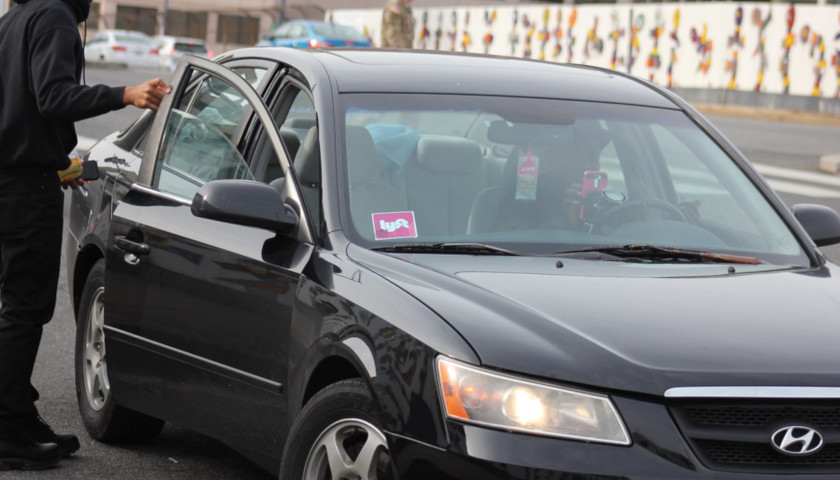by Todd DeFeo
Levying a sales tax on transportation network companies in Ohio could have a potentially dangerous effect on the state’s residents, Lyft told members of the Ohio House Finance Committee.
State lawmakers are looking to mandate ride-sharing companies such as Uber and Lyft collect a sales tax on the base fare or fees based on distance or time.
Officials say the proposal could bring in more than $50 million over the two-year budget. But, in written testimony filed with members of the House Finance Committee, Lyft said the tax would be more harmful than helpful.
“A sales tax – plus the recently increased gas tax set to go into effect this summer – could have (a) severe and disproportionate impact on those who can least afford it, not to mention the impact on Lyft drivers themselves,” the company said in its testimony. “Of additional concern, the sales tax being considered by the Ohio House of Representatives will force passengers to pay one of the highest sales taxes on ride-sharing in the nation.”
Last month, Gov. Mike DeWine signed a bill increasing Ohio’s gas fuel tax by 10.5 cents per gallon starting July 1. DeWine originally asked for a 28-cent-per-gallon increased, but lawmakers agreed to a lower increase following much debate.
The ride-sharing company wants lawmakers to remove the proposed sales tax language from House Bill 166, the state budget bill. Members of the House Finance Committee are currently debating the measure and could vote on it as soon as this week; it would then head to the full House for consideration.
“Making rides more expensive could encourage passengers to drive themselves,” Lyft said. “If Lyft is too expensive, passengers may choose their personal vehicles over ride-sharing. Lyft serves as an alternative option to helping people get home responsibly from bars, restaurants and other entertainment venues where alcohol is consumed.”
According to Lyft, 30 percent of its riders in Ohio do not own or lease a vehicle. The company also claimed 63 percent of non-car owners say Lyft has impacted their decision not to own or lease a vehicle and 75 percent of Lyft users say they are less likely to drive substance impaired because of the service.
Jeff Stephens, a representative of the American Cancer Society Cancer Action Network, testified before committee members that many patients rely on ride-sharing services to access treatment. The Network pays ride-sharing services to transport patients because of its affordability.
However, the organization may not be able to afford as many trips for patients if the cost increases, Stephens said.
– – –
Todd DeFeo is a contributor for WatchDog.org.
Photo “Lyft Driver” by Elvert Barnes. CC BY-SA 2.0.




